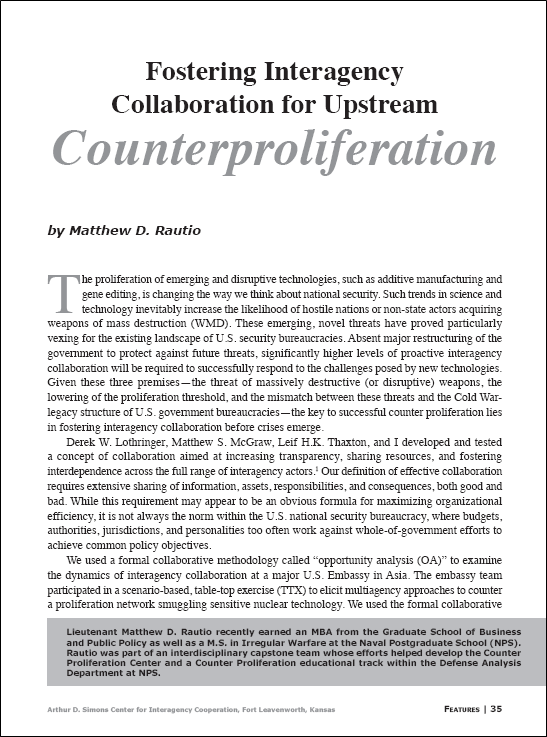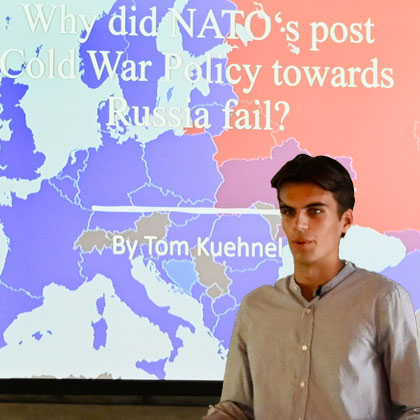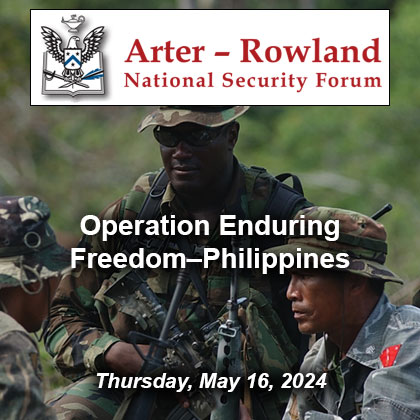Featured Article: Fostering Interagency Collaboration…
Featured article:
Fostering Interagency Collaboration for Upstream Counterproliferation
by Matthew D. Rautio
The proliferation of emerging and disruptive technologies, such as additive manufacturing and gene editing, is changing the way we think about national security. Such trends in science and technology inevitably increase the likelihood of hostile nations or non-state actors acquiring weapons of mass destruction (WMD). These emerging, novel threats have proved particularly vexing for the existing landscape of U.S. security bureaucracies. Absent major restructuring of the government to protect against future threats, significantly higher levels of proactive interagency collaboration will be required to successfully respond to the challenges posed by new technologies. Given these three premises—the threat of massively destructive (or disruptive) weapons, the lowering of the proliferation threshold, and the mismatch between these threats and the Cold War-legacy structure of U.S. government bureaucracies—the key to successful counter proliferation lies in fostering interagency collaboration before crises emerge.
Derek W. Lothringer, Matthew S. McGraw, Leif H.K. Thaxton, and I developed and tested a concept of collaboration aimed at increasing transparency, sharing resources, and fostering interdependence across the full range of interagency actors.1 Our definition of effective collaboration requires extensive sharing of information, assets, responsibilities, and consequences, both good and bad. While this requirement may appear to be an obvious formula for maximizing organizational efficiency, it is not always the norm within the U.S. national security bureaucracy, where budgets, authorities, jurisdictions, and personalities too often work against whole-of-government efforts to achieve common policy objectives…
Read the full article
Fostering Interagency Collaboration for Upstream Counterproliferation PDF
Download the complete edition
IAJ 8-3 (2017) PDF
IAJ 8-3 (2017) ePub
Lieutenant Matthew D. Rautio recently earned an MBA from the Graduate School of Business and Public Policy as well as a M.S. in Irregular Warfare at the Naval Postgraduate School (NPS). Rautio was part of an interdisciplinary capstone team whose efforts helped develop the Counter Proliferation Center and a Counter Proliferation educational track within the Defense Analysis Department at NPS.

Posted: August 23, 2017 by Simons Center
READ THE LATEST UPDATES FROM THE SIMONS CENTER
"*" indicates required fields


